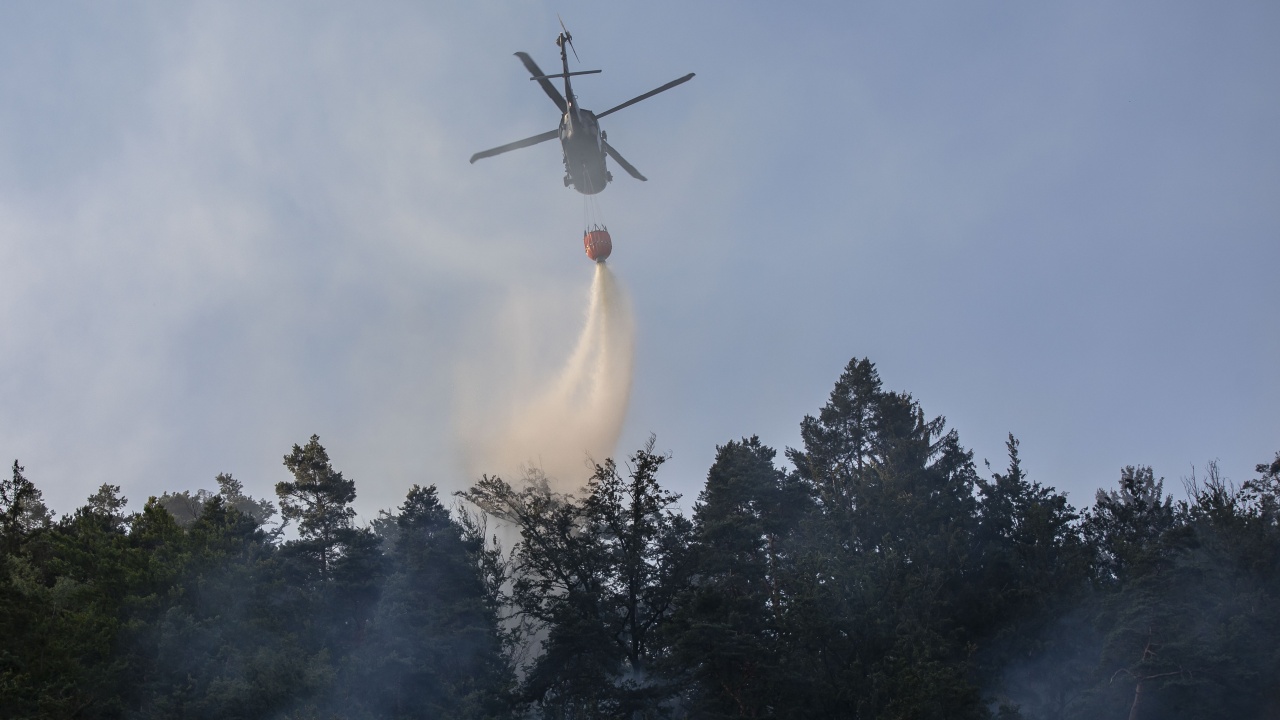The European Union has doubled the number of its firefighting aircraft to a total of 28 aircraft. This was announced by EU Commissioner for Crisis Management Janez Lenarčić in an interview with the European News Room, a network of news agencies.
These steps were taken in anticipation of a fire-intensive summer after the major fires of 2022, significant damage.
"This year is drier than average. And this drought, combined with the heat we expect, is, of course, a big driver of forest fires," the Slovenian commissioner stressed.
After the summer of 2022, described as the warmest ever recorded in Europe, European Commission President Ursula von der Leyen announced last September a doubling of the planes and helicopters the EU will have at its disposal to fight fires.
The EU's stock of 13 machines increased to 28, and they are positioned in 10 member states - Croatia, Cyprus, the Czech Republic, France, Germany, Greece, Italy, Portugal, Spain and Sweden. These machines are ready for deployment from late June to October in an emergency, to help a country whose resources to cope with the constraints are not enough. The EU finances making these machines available.
In addition, more than 400 firefighters have already been deployed in Greece, France and Portugal, the commissioner added. He gave the interview from the EU Emergency Response Coordination Centre. This center celebrates its 10th birthday and coordinates the delivery of assistance to countries affected by a major natural disaster anywhere in the world.
The EU Civil Protection Mechanism has allowed equipment, food and medicine to be sent to Ukraine since the start of the Russian offensive. It was also triggered in response to the coronavirus pandemic, to send vaccines to third countries or to organise the repatriation of European citizens blocked by lockdowns outside Europe. Recently, the mechanism helped those affected by catastrophic earthquakes in Turkey and Syria.
Fires burn 80,000 acres of forest in Spain, evacuated
Established in 2001, the mechanism was activated an average of 20 times a year in the first 20 years, and now it is activated 100 times a year, Lenarčić said, adding that in the future more resources will have to be allocated to it.
"Because of climate change, we are witnessing more frequent and more intense natural disasters," he said, recalling the devastating floods of summer 2021 in Germany and Belgium and those in Italy now.
Fires
